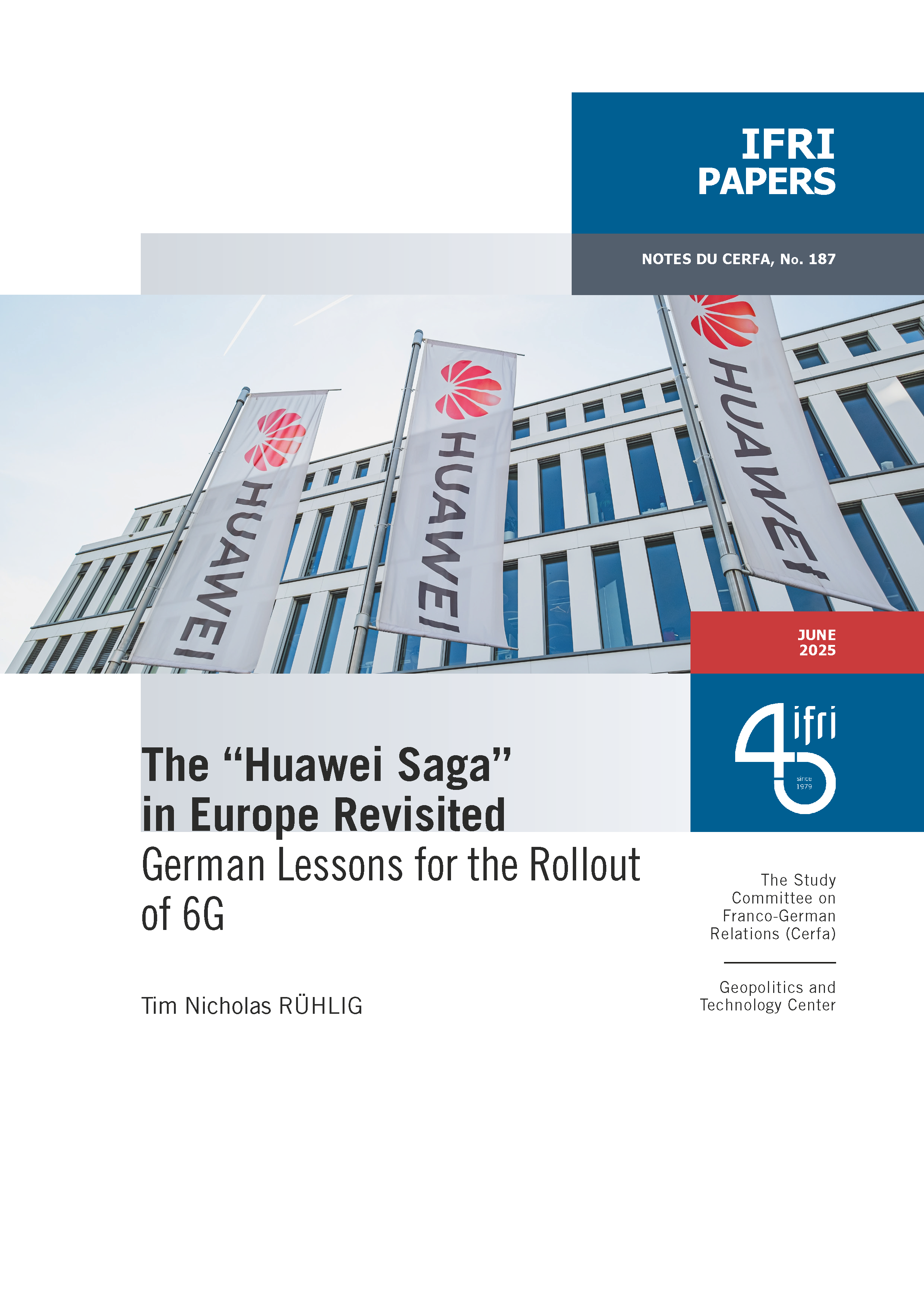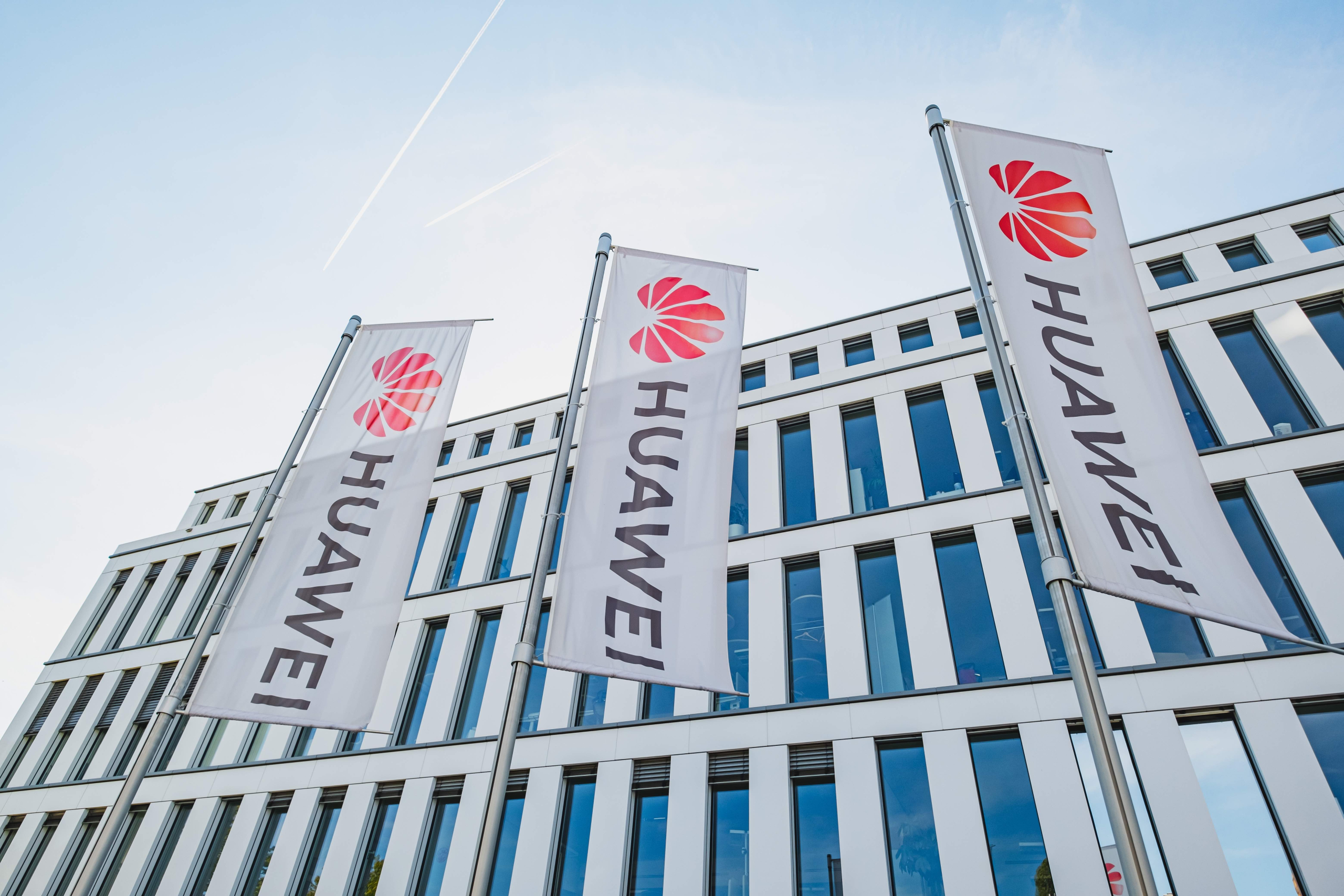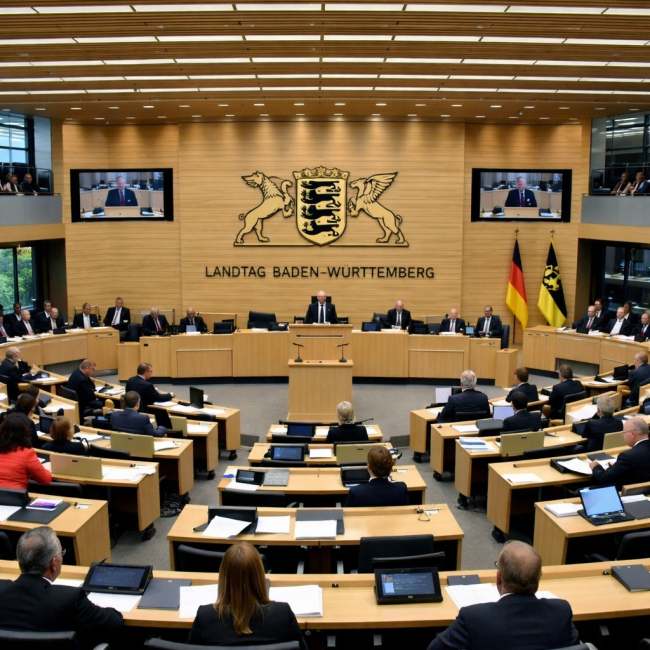The “Huawei Saga” in Europe Revisited: German Lessons for the Rollout of 6G

While the European Union attempted to coordinate a collective response through its 5G Toolbox in Europe’s 5G infrastructure, member states diverged significantly in balancing political, economic, and technological considerations. Germany, despite its economic ties to China and status as Europe’s largest telecom market, only reached a tentative agreement in July 2024—one that appears largely symbolic.

Germany’s compromise reflects persistent institutional divisions and a reluctance to decisively reduce reliance on Chinese technology, even in the face of geopolitical and security concerns. With 6G on the horizon, Europe must learn from its fragmented 5G response. A future 6G strategy should prioritize network diversity, enhanced encryption, and reduced dependency on high-risk suppliers to preserve European sovereignty and digital resilience. It is urgent to build a more unified and binding EU framework for managing the rollout of next-generation wireless infrastructure.
Tim Rühlig is Senior Analyst at the European Union Institute for Security Studies (EUISS), focusing on Europe-China relations, Chinese foreign and tech policy, and Hong Kong politics. His work explores China’s role in global standardization, the US-China tech rivalry, and implications for Europe. He holds a PhD from Frankfurt University and degrees in International Relations, Political Science, and Cultural Anthropology.

Available in:
Themes and regions
ISBN / ISSN
DOI
Notes du Cerfa, No. 187, Ifri, June 2025
Share
Download the full analysis
This page contains only a summary of our work. If you would like to have access to all the information from our research on the subject, you can download the full version in PDF format.
The “Huawei Saga” in Europe Revisited: German Lessons for the Rollout of 6G
Related centers and programs
Discover our other research centers and programsFind out more
Discover all our analysesThe 2026 State Elections in Baden-Württemberg: First Test For Chancellor Merz's Federal Government?
The state election in Baden-Wuerttemberg in March 2026 will be the first major test of public opinion for Chancellor Friedrich Merz's federal government. At the same time, Baden-Wuerttemberg is one of the federal states that—as an important location for the German automotive industry and its suppliers—is particularly affected by the transformation policy driven by climate change and the international conflict constellation.
Bundeswehr: From Zeitenwende (historic turning point) to Epochenbruch (epochal shift)
The Zeitenwende (historic turning point) announced by Olaf Scholz on February 27, 2022, is shifting into high gear. Financially supported by the March 2025 reform of Germany’s “debt break” and backed by a broad political and societal consensus to strengthen and modernize the Bundeswehr, Germany's military capabilities are set to rapidly increase over the coming years. Expected to assume a central role in the defense of the European continent in the context of changing transatlantic relations, Berlin’s military-political position on the continent is being radically transformed.
Merz’ European Policy-making: The End of the ‘German Vote’?
Friedrich Merz’s European ambition is to turn Germany, long seen as hesitant into a leading actor within the European Union (EU). To that end, he has pledged to end the “German vote,” a phenomenon that epitomizes the paradox of a country both indispensable and frequently absent from European decision-making.

Securing critical raw material (CRM) value chains – a prerequisite for Europe’s technological resilience
At the heart of economic security, technological resilience is a backbone of the European Union’s (EU) competitiveness. The EU’s energy and digital transitions depend on critical raw materials (CRM).










